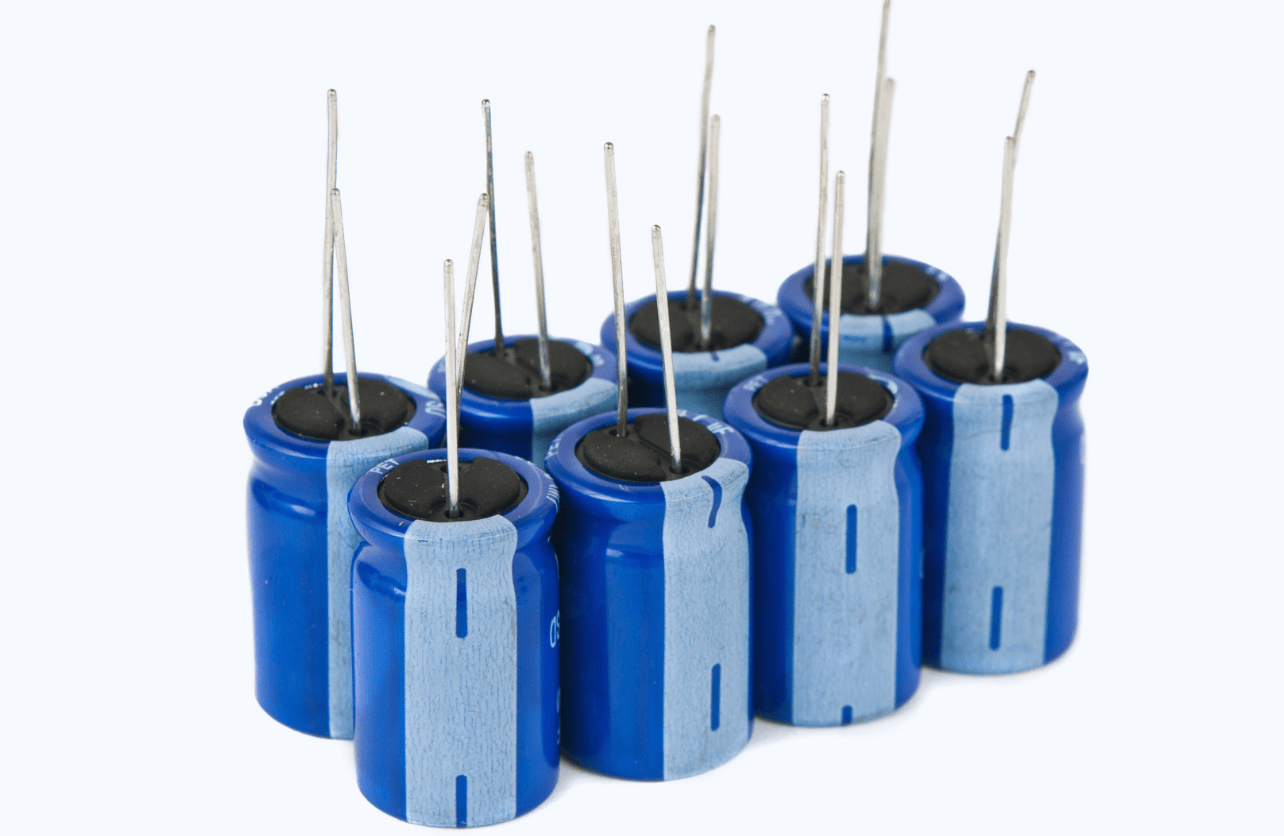Can Overheating Cause Leaking Capacitors?

Capacitors are essential components in electronic circuits, responsible for storing and releasing energy. However, they are not immune to wear and tear, and one of the most common causes of capacitor failure is overheating. When exposed to excessive heat, capacitors can degrade, leak, or even fail catastrophically.
How Does Overheating Affect Capacitors?
Capacitors rely on a delicate balance of internal components to function correctly. Electrolytic capacitors, in particular, contain a liquid electrolyte that can be highly sensitive to temperature fluctuations. Overheating disrupts this balance, causing a cascade of issues:
Degradation of Dielectric Material
The dielectric layer inside a capacitor is crucial for maintaining its energy-storing capabilities. Excessive heat weakens this material, reducing the capacitor’s efficiency and lifespan.
Expansion of Electrolytes
Heat causes the liquid electrolyte inside the capacitor to expand, increasing internal pressure. If the pressure becomes too great, the capacitor’s casing may crack or its vent may rupture, leading to leakage.
Increased Internal Resistance
Overheating raises a capacitor’s equivalent series resistance (ESR), making it less effective at transferring energy and more prone to overheating further—a vicious cycle that accelerates failure.
What Causes Capacitors to Overheat?
Several factors can lead to overheating in capacitors:
- High Ambient Temperatures:
Operating in environments with poor ventilation or high heat levels can push capacitors beyond their thermal limits. - Proximity to Heat-Generating Components:
Placing capacitors near power transistors, resistors, or other heat-generating components can expose them to continuous thermal stress. - Overvoltage:
Applying a voltage higher than the capacitor’s rated value increases heat generation and accelerates breakdown. - Insufficient Cooling or Thermal Management:
Lack of proper cooling mechanisms, such as heat sinks or fans, can exacerbate overheating in densely packed circuits.
Signs of Leaking or Damaged Capacitors
Detecting a damaged capacitor early can save your device from more significant issues. Common signs include:
- Bulging or Swelling:
The capacitor’s casing may appear puffed up due to internal pressure buildup. - Leaking Electrolyte:
A brown, black, or oily substance around the capacitor is a clear sign of leakage. - Burn Marks or Discoloration:
Overheating may cause visible scorch marks on the capacitor or nearby components. - Unusual Odors:
A burnt smell can indicate a capacitor has overheated or failed. - Device Malfunction:
Sudden power issues, erratic performance, or failure to start could point to a capacitor problem.
Preventing Overheating and Leakage
Proper maintenance and design can significantly reduce the risk of overheating and leaking capacitors. Here’s how:
- Ensure Adequate Ventilation:
Design circuits with sufficient spacing between components to allow proper airflow and heat dissipation. - Use Heat-Resistant Capacitors:
Select capacitors with a higher temperature rating for environments prone to heat. Capacitors rated for 105°C or higher are better suited for challenging conditions. - Implement Thermal Management Systems:
Incorporate heat sinks, cooling fans, or thermal pads to reduce overall circuit temperatures. - Monitor Operating Conditions:
Use thermal sensors to keep track of component temperatures and adjust cooling systems as needed. - Avoid Overvoltage:
Ensure the capacitor’s voltage rating exceeds the maximum voltage it will encounter in the circuit. - Conduct Regular Inspections:
Periodically check capacitors for signs of bulging, leaks, or corrosion, especially in older devices.
The Importance of Early Detection
Failing capacitors can cause significant damage to electronic devices, including short circuits, performance issues, or even total system failure. Early detection and replacement of faulty capacitors can prevent these problems and extend the lifespan of your equipment.
Summing Up
Overheating is a primary cause of leaking capacitors, and understanding how it happens is crucial for maintaining the reliability of electronic systems. By implementing proper thermal management, selecting high-quality components, and regularly inspecting your devices, you can minimize the risk of capacitor failure and keep your systems running smoothly.